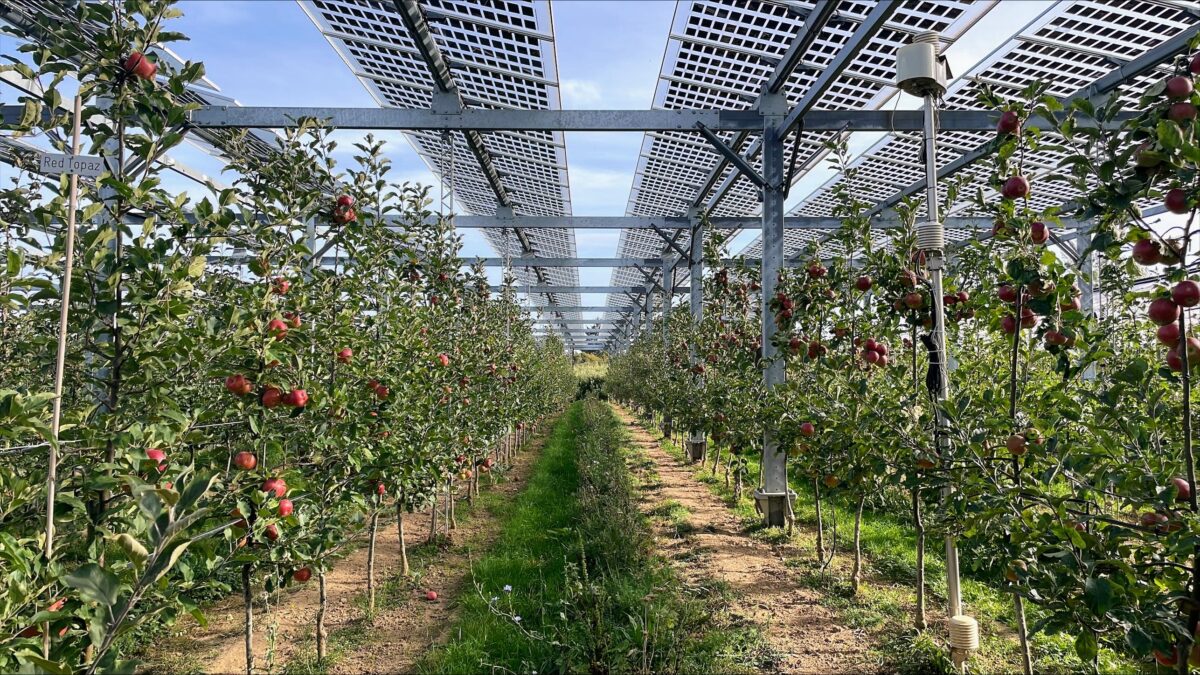Czechia's lower house of parliament has passed an amendment to the law on agricultural land that allows the construction of agrivoltaic facilities across the country.
“The law simply states that, in order to develop an agrivoltaic project, developers don't need to change the land designation and the zoning plan of a given area,” Jan Krčmář, the executive director of the Czech Solar Association (Solární Asociace), told pv magazine. “Under the previous rules, it was not possible to build PV on agricultural soil for zoning reasons without re-designating it.”
The new provisions also state that farmers can still farm on their land and that agri-PV systems can take up no more than 10% of the total surface of their farms.
“The new rules currently only allow agrivoltaics to be deployed in orchards, hopyards and vineyards, but do not allow for vertical systems on fields,” said Krčmář. “We were told that this should be also allowed after an initial testing period.”
Popular content
The new regulations do not force farmers operating agrivoltaic facilities to achieve a minimum agricultural yield, as in countries such as Germany, France, or Italy.
“We don’t like these ‘percentage restrictions' because normally farmers have different agricultural yields every year and it is very difficult to control if they have harvested 90% or 80% in comparison to control areas.”
Czechia installed 1 GW of new PV plants in 2023, according to data from the Solární Asociace. The total output of all the country’s solar plants reached almost 3.5 GW at the end of December 2023. More than 170,000 PV plants now supply electricity to the grid, including more than 150,000 are on the rooftops of family homes.
This content is protected by copyright and may not be reused. If you want to cooperate with us and would like to reuse some of our content, please contact: editors@pv-magazine.com.



5 comments
By submitting this form you agree to pv magazine using your data for the purposes of publishing your comment.
Your personal data will only be disclosed or otherwise transmitted to third parties for the purposes of spam filtering or if this is necessary for technical maintenance of the website. Any other transfer to third parties will not take place unless this is justified on the basis of applicable data protection regulations or if pv magazine is legally obliged to do so.
You may revoke this consent at any time with effect for the future, in which case your personal data will be deleted immediately. Otherwise, your data will be deleted if pv magazine has processed your request or the purpose of data storage is fulfilled.
Further information on data privacy can be found in our Data Protection Policy.